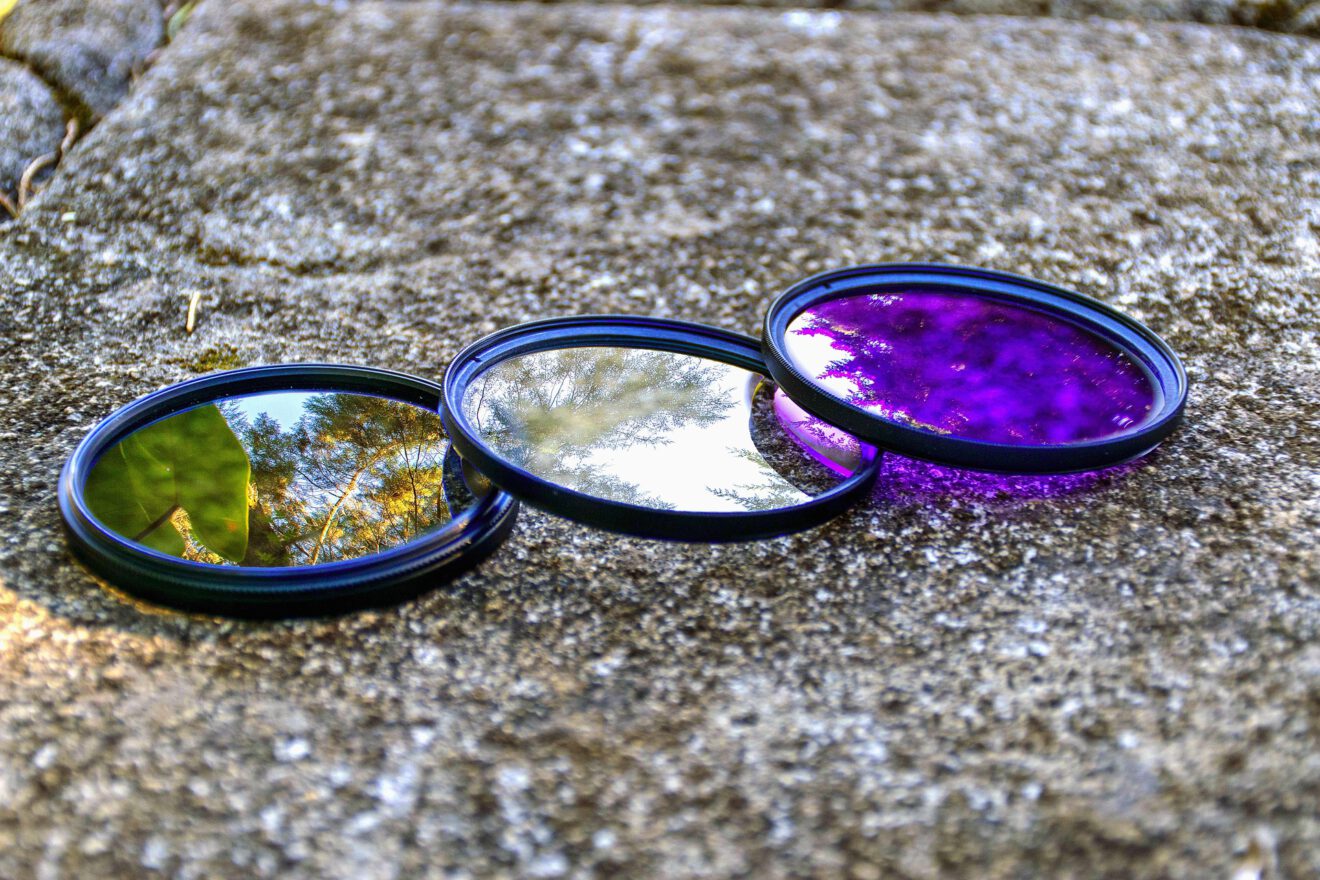Each month, When Growth Stalls examines why businesses and brands struggle and how they can overcome their obstacles and resume growth. Steve McKee is the president of McKee Wallwork + Co., an advertising agency that specializes in working with stalled, stuck and stale brands. The company was recognized by Advertising Age as 2015 Southwest Small Agency of the Year. McKee is also the author of “When Growth Stalls” and “Power Branding.”
SmartBrief offers more than 200 newsletters, including SmartBrief on Leadership and newsletters for small businesses and marketers and advertisers.
Years ago, my company ran into some rough waters, which turned into a near-death experience for us. Over that several-month period, I remember becoming sensitive to what I believed were slights from people on staff who had begun doubting me. That wasn’t healthy for me or the firm.
We somehow managed to survive, and in retrospect I came to see that the perceived slights were unintended and that the real problem was that I had begun doubting myself. I had created a filter through which I processed everything I saw and heard.
I was reminded of this the other day when I had my first bad experience with Uber. Two colleagues and I had been waiting outside a restaurant for about 10 minutes on a chilly evening, and when the Uber driver pulled up he looked at us, said he couldn’t fit us in his vehicle, and pulled away.
It was a bit odd, because he was driving a big sedan and during our brief exchange I saw that both the back seat and passenger seat were empty. As he drove off and we had to chill (literally) while we waited for the next Uber, we wondered out loud what it was about us that caused the driver to take a pass.
Perhaps he didn’t want one of us sitting in the front seat. Perhaps he got a better offer. Or perhaps he just didn’t like the way we looked. Whatever the case, we were stumped because none of our filters could explain what had happened.
We all have filters we use to rationalize why things transpire the way they do, many of which are based on experience. But they’re not always fair. For instance, a friend of mine recently complained about the sexist behavior of a man she had recently met. After meeting him and being rudely treated myself, my sense was that he wasn’t a sexist jerk, he was just a jerk.
Age is another filter. I am convinced that, as a young professional, I was more than once the victim of discrimination because of my youth. Now that I’m older, I think my prematurely gray hair may also have played a role in my being treated poorly in some cases. I believe my sex, religion, ethnicity and even hometown have also been used as reasons to treat me unfairly.
But notice the verb in that last sentence, which is of utmost importance: “believe.” Is it possible that I have been discriminated against because of a personal characteristic? Certainly. Is it also possible that I may have assumed discrimination where none existed? You bet.
And therein lies the problem. It’s not that our filters are never true. It’s that they’re not always true. Sometimes filters become blinders.
This is one reason why much of our public discourse is so toxic. It’s almost as if we choose to assume the worst about people, making no room for different contexts or honest disagreements, and assuming others have nefarious motives. It may be emotionally gratifying, but it’s unfair. And unwise.
As destructive as dirty filters can be in the public square, I can personally testify that, in business, they can be devastating. Especially when a company, division or team is struggling for one reason or another, as mine once was. It was that experience, in fact, that served as the genesis of our research exploring the reasons why companies succeed and fail. It revealed that internal misalignment is the number one issue with which struggling companies must deal, and anything that exacerbates internal division makes recovery less likely. In that sense we can become our own worst enemies.
Most of us have come to understand the wisdom of filtering what we say (particularly in social media). But it’s equally important to be aware of our tendencies to filter what we hear, how we’re treated, and the reasons we ascribe to both. When sales are sagging, margins are tightening or the future otherwise looks bleak for our business, not only is it natural for our existing filters to become more sensitive, it’s easy for new ones to appear, as mine did those many years ago.
Am I suggesting that there is no such thing as sexism, ageism, racism or “failureism”? Not at all. But it’s easy to condition ourselves to see isms where none exist. We shouldn’t assume just because someone says or does something that hits us the wrong way that they intended to offend. It’s much more productive (to say nothing of polite) to give people the benefit of the doubt and presume their goodwill. If it’s something other than that, time will tell and action can be taken.
My colleagues and I were unhappy that our Uber driver chose to take off without us, but we decided to consider that his problem, not ours. The next guy that stopped was happy to give all three of us a ride, and was a quite pleasant host. Despite being a Yankees fan.
Hey, some filters are harder to overcome than others.
